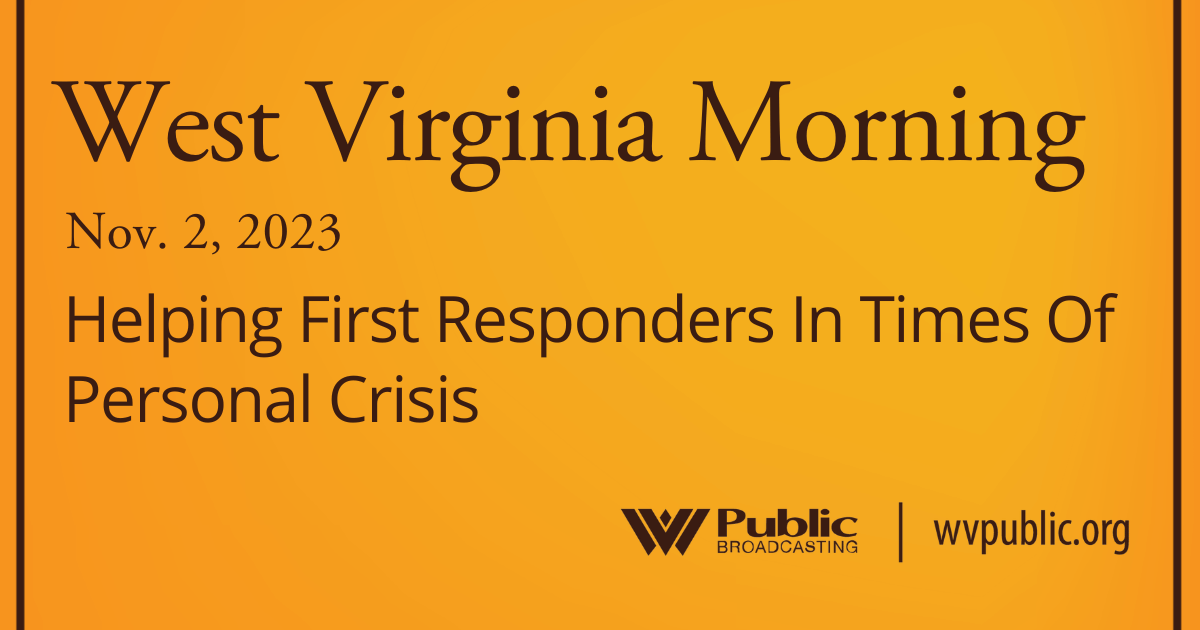On this West Virginia Morning, faced with mounting suicides and PTSD rates, West Virginia first responders struggling with job-related mental health issues are taking matters into their own hands.
Randy Yohe speaks with Dylan Oliveto, the founder of SCARS Support Services. SCARS stands for “shared compassion and resource services” – an organization to help first responders in times of personal crisis.
Also, in this show, a Nitro elementary school teacher received a $25,000 Milken Educator Award. Emily Rice has more.
West Virginia Morning is a production of West Virginia Public Broadcasting which is solely responsible for its content.
Support for our news bureaus comes from Shepherd University.
Eric Douglas produced this episode.
Listen to West Virginia Morning weekdays at 7:43 a.m. on WVPB Radio or subscribe to the podcast and never miss an episode. #WVMorning
